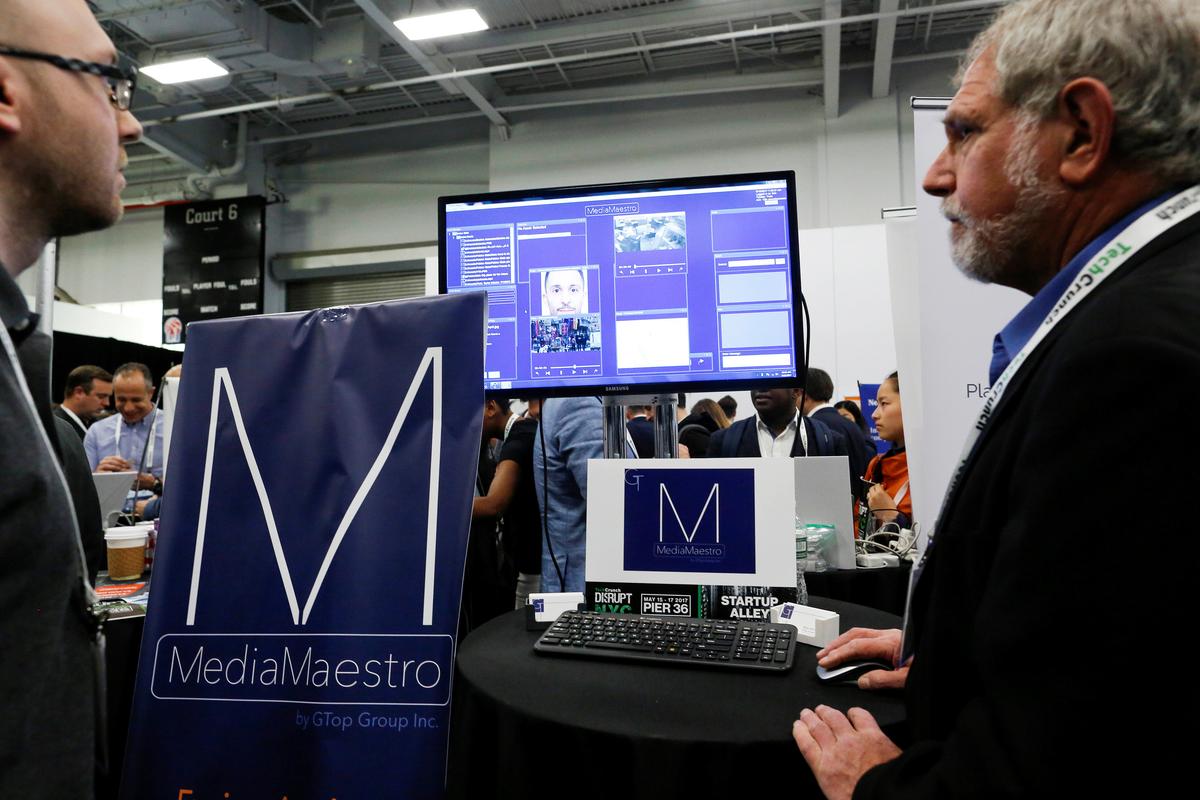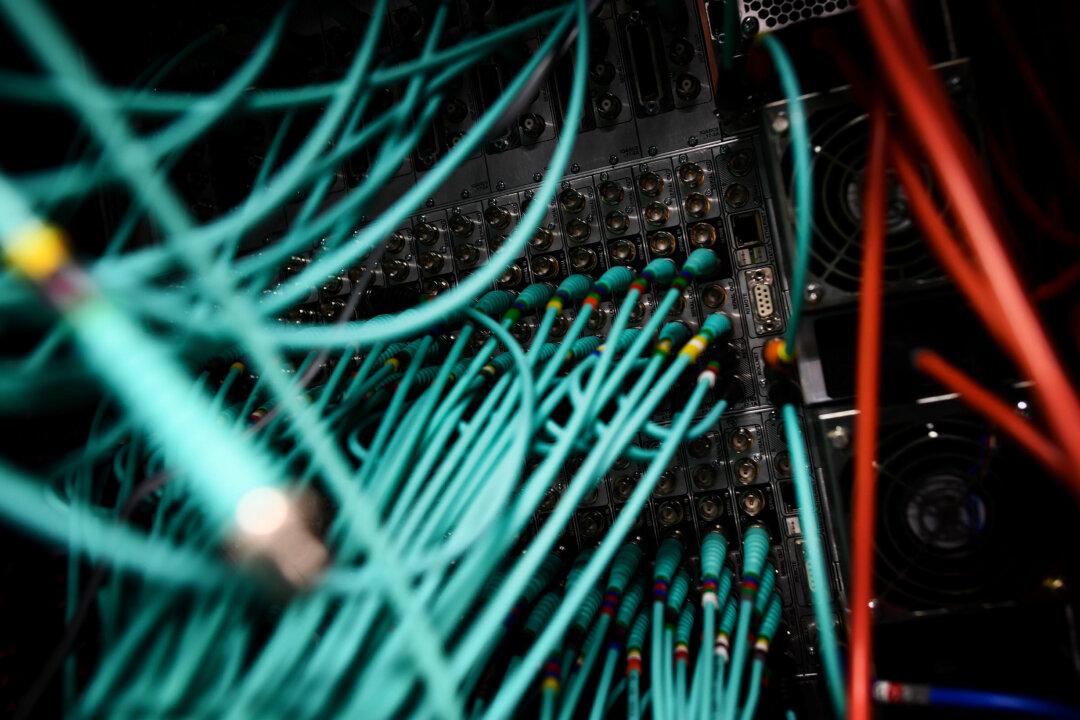LONDON/WASHINGTON—The global WannaCry “ransomware” cyber attack spread more slowly on Monday with no major infections reported, as attention shifted to investment and government policy implications of lax cyber security.
Earlier on Monday, Chinese traffic police and schools reported they had been targeted as it rolled into Asia for the new work week, while authorities in Europe and the United States said they were trying to prevent hackers from spreading new versions of the virus.
Shares in firms that provide cyber security services jumped on the prospect of companies and governments spending more money on defenses, led by Israel’s Cyren Ltd. and U.S. firm FireEye Inc.
Tom Bossert, President Donald Trump’s homeland security adviser, said people “should be thinking about this as an attack that for right now we have under control, but as an attack that represents an extremely serious threat,” speaking on ABC’s “Good Morning America” show.
The perpetrators of the attack are still not known. Bossert said that while U.S. officials had not ruled out the possibility that it was a “state action,” he said it appeared to be criminal in nature, given the ransom requests.
Some victims were ignoring official advice and paying the $300 ransom demanded by the cyber criminals to unlock their computers, which was due to double to $600 on Monday for computers hit by Friday’s first wave.
So far only a tiny number of the more than 200,000 estimated victims of the attack appeared to have paid, based on publicly available bitcoin accounts on the web, where victims have been instructed to pay.
The initial ransom demand was $300 per machine. Three days after becoming infected the demand doubles. Starting on Monday, the first victims began facing demands of $600 to unlock their machines.
This coming Friday, victims face being locked out of their computers permanently if they fail to pay the $600 ransom, said Tom Robinson, co-founder of Elliptic, a London-based private security company that investigates ransomware attacks.






